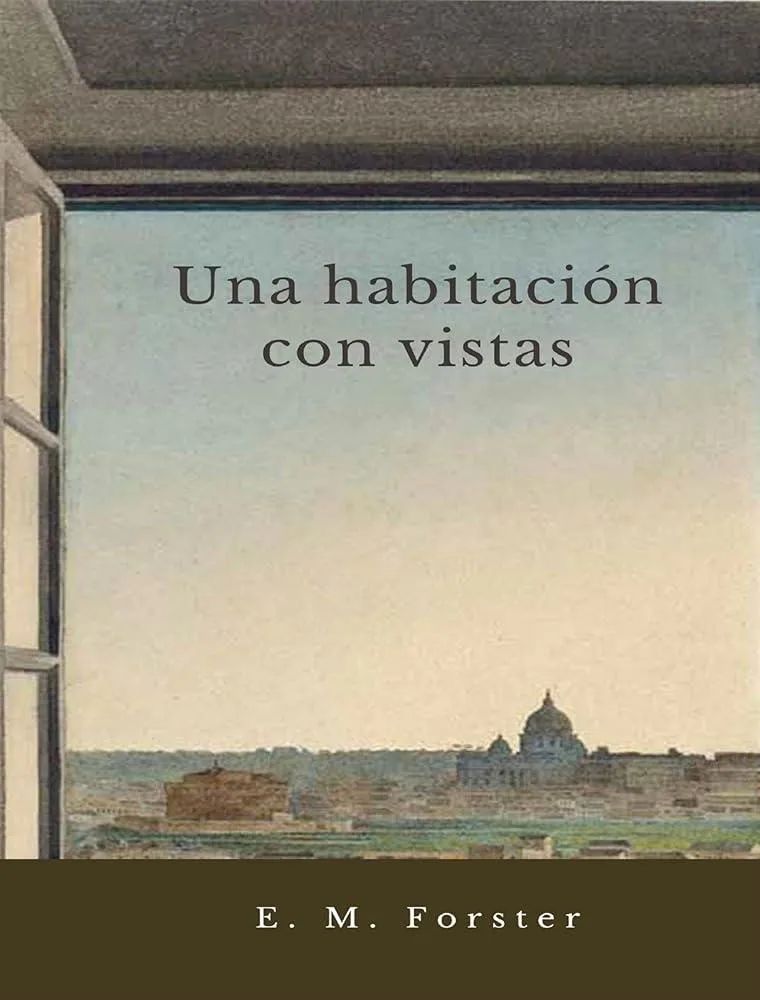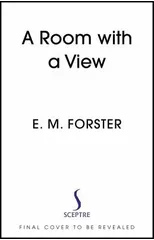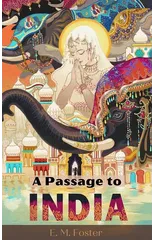—La Signora no tiene derecho a hacer esto —dijo la señorita Bartlett—, ningún derecho. Nos prometió habitaciones al sur con una panorámica conjunta; en su lugar, aquí tenemos habitaciones al lado norte y dan a un patio y bien alejadas. ¡Oh, Lucy! —¡Y además es una cockney! —dijo Lucy, que se había entristecido por el inesperado acento de la Signora—. Se diría que estamos en Londres. Miró las dos hileras de ingleses sentados junto a la mesa; la hilera de botellas blancas de agua y rojas de vino que corrían entre sus manos; los retratos de la última reina y del último poeta laureado que colgaban detrás de los británicos, pesadamente vestidos; el cartel de la Iglesia anglicana (reverendo Cuthbert Eager, M. A. Oxon), que constituían la única decoración de la pared. —Charlotte, ¿no sientes también tú que bien podríamos encontrarnos en Londres? A duras penas puedo creer que todo este tipo de cosas distintas estén precisamente fuera. Supongo que se debe a que una se siente tan cansada.
E M Forster
E. M. Forster (1879-1970) was an English novelist known for his exploration of class differences and human relationships. His most notable works include "A Room with a View," "Howards End," and "A Passage to India." Forster's writing style is characterized by its clarity, wit, and insight into the complexities of human emotions. He is credited with portraying the inner lives of his characters with sensitivity and depth. Forster's contributions to literature include his exploration of themes such as imperialism, social injustice, and the struggle for personal freedom. His most famous work, "A Passage to India," is considered a masterpiece of modernist literature and continues to be studied and celebrated for its poignant portrayal of the clash between British colonizers and Indian natives. Forster's work has had a lasting impact on the literary genre of the novel, influencing generations of writers with his thoughtful exploration of the human experience.











